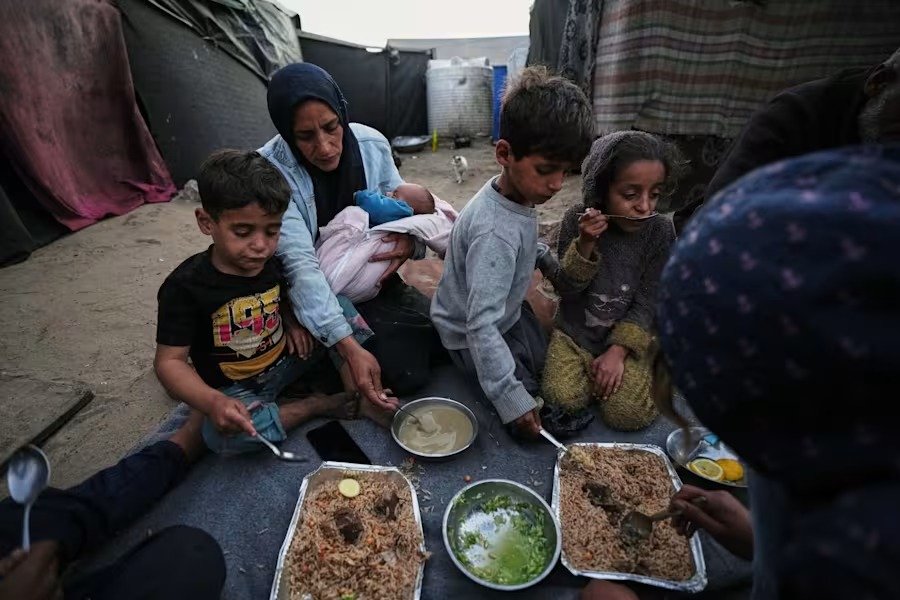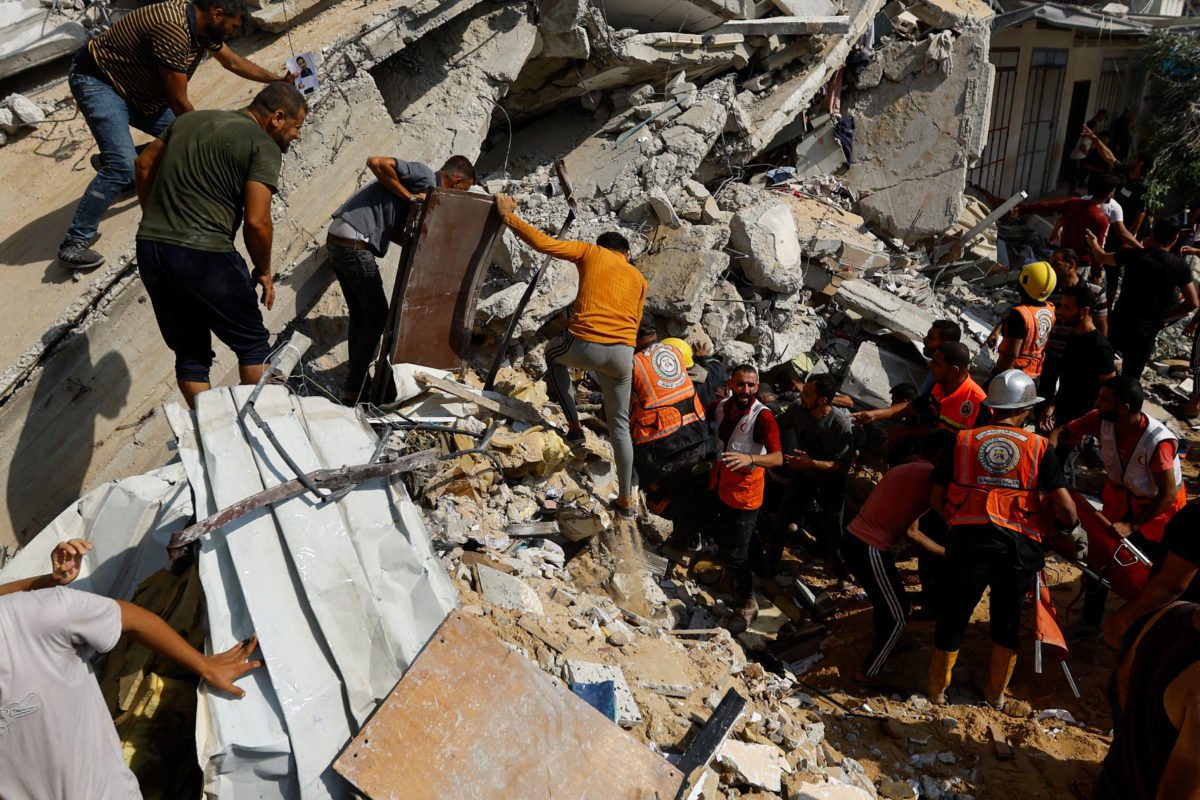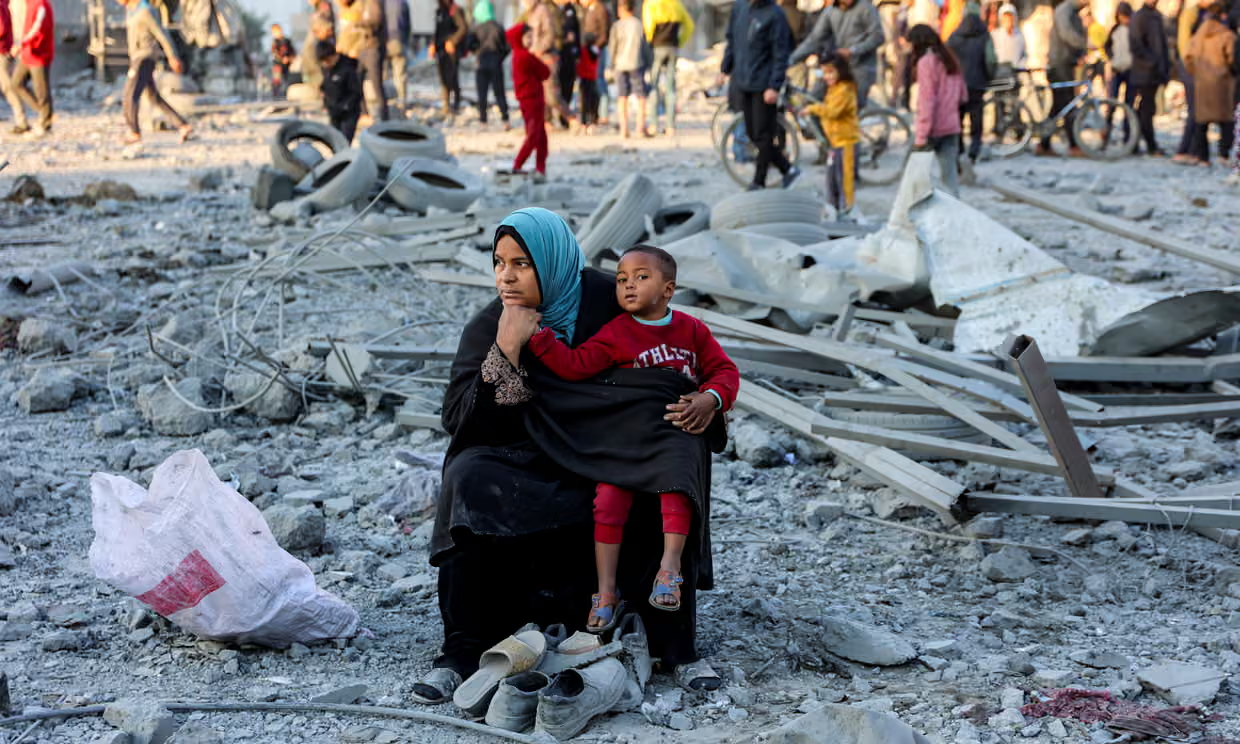Iran has issued a sharp warning to the United States, saying direct U.S. military involvement in the Israel-Iran conflict would cause “hell for the whole region.” The statement came from Iran’s Deputy Foreign Minister Saeed Khatibzadeh in an interview on Thursday.
Speaking publicly for the first time since Israeli airstrikes began targeting Iranian nuclear facilities, Khatibzadeh said, “This is not America’s war.” He warned that if President Donald Trump chooses to intervene, he will be remembered as “a president who entered a war he doesn’t belong in.”
He described U.S. involvement as a move that would turn the situation into a “quagmire,” worsen ongoing violence, and delay peace. “Diplomacy is the first option,” he said, “but we cannot start any negotiation while bombs are falling.”
His comments came just hours after a missile strike hit Soroka Medical Center in southern Israel. While Iranian state media claimed the strike targeted a nearby military site, Israel’s Ministry of Health reported that 71 people were injured at the hospital.
In retaliation, Israel’s military launched attacks on key Iranian nuclear sites, including the Natanz uranium facility and the “inactive” Arak heavy water reactor. Tehran has yet to release casualty figures from those strikes.
The White House announced on Thursday that President Trump would decide within two weeks whether the U.S. will join the conflict. Despite saying he prefers a diplomatic solution, Trump has not ruled out military action. According to officials, one potential plan involves striking Iran’s underground Fordo facility, which is believed to be out of reach of Israeli weapons.
Meanwhile, diplomatic efforts continue behind the scenes. U.S. envoy Steve Witkoff and Iranian Foreign Minister Abbas Araqchi have reportedly spoken by phone several times in recent days. Reuters reported that Iran has refused to return to formal talks unless Israel halts its attacks.
Khatibzadeh claimed that Iran was close to a nuclear agreement just before Israel’s airstrikes on June 13. “We were planning to have the sixth round of talks in Muscat. We were actually on the verge of reaching an agreement,” he said. “President Trump knows this better than anyone.”
He also criticized Trump’s recent social media posts and interviews, calling them “confusing and contradictory.” Khatibzadeh said they suggest the U.S. was either informed about the strikes in advance or involved in some capacity.
Despite increasing tension, Khatibzadeh reaffirmed that Iran’s nuclear program remains peaceful. He dismissed accusations from Israel and the International Atomic Energy Agency (IAEA) that Iran is close to producing a nuclear weapon.
The IAEA recently reported that Iran had enriched enough uranium up to 60% purity—just below weapons grade. Khatibzadeh responded, “This is nonsense. You cannot start a war based on speculation or intention.”
“If we wanted a nuclear bomb, we would have had it long ago. Iran has never sought nuclear weapons,” he added.
IAEA chief Rafael Grossi also issued a statement reminding all parties that nuclear sites “must never be attacked, regardless of the context or circumstances.”
In a potential shift toward diplomacy, Khatibzadeh welcomed an upcoming ministerial meeting in Geneva. He said European leaders had expressed a desire to return to talks. “We are very much happy that they finally have to come and talk at the table,” he said.
As regional tensions rise and the threat of broader conflict looms, the next two weeks will be crucial. The world now watches to see whether the U.S. will enter the conflict—or help stop it.







